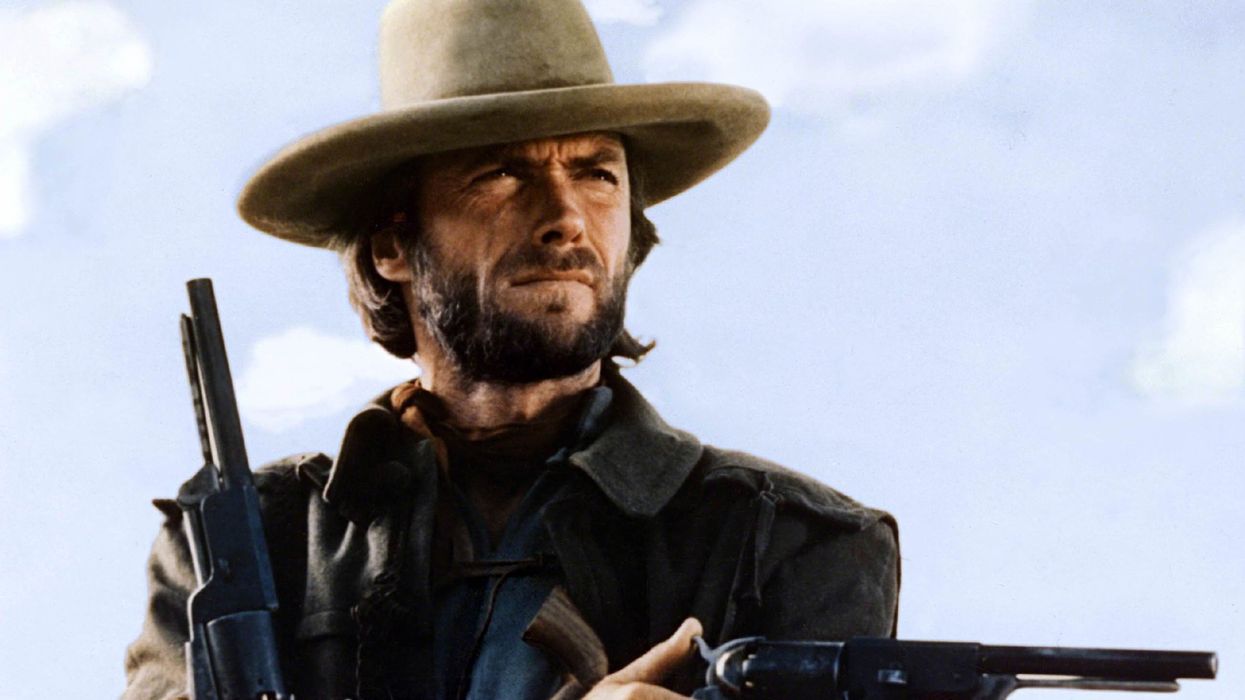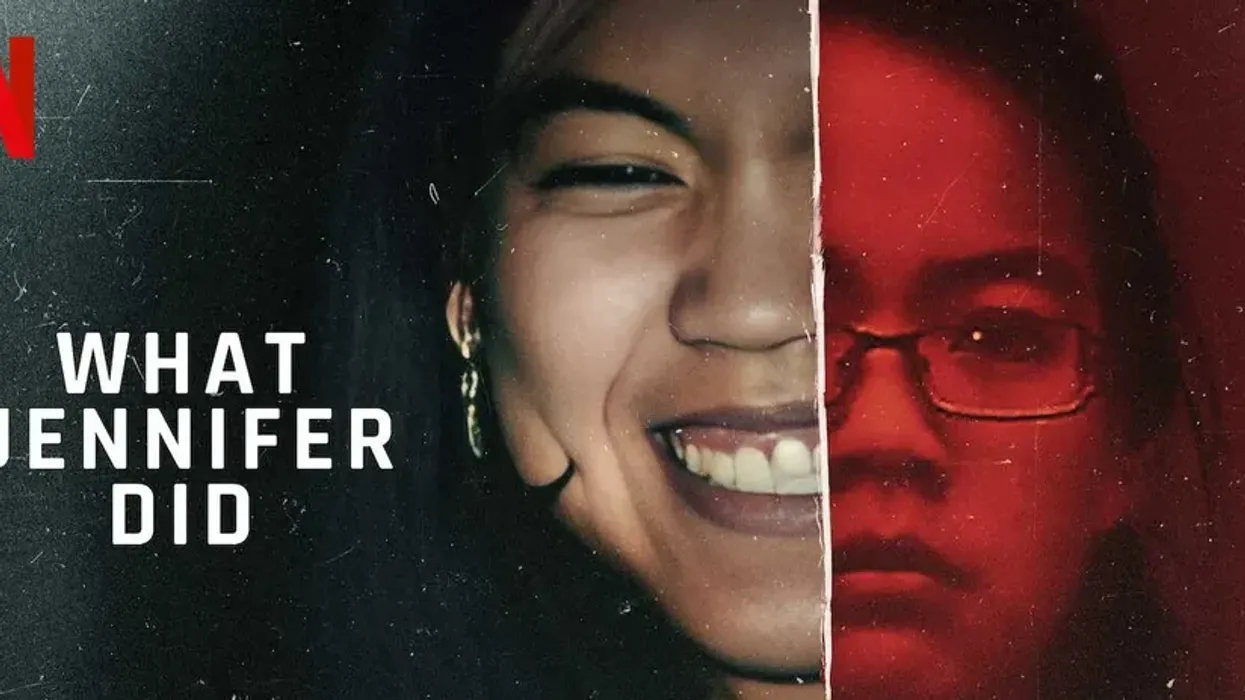8 Truth Bombs from Clint Eastwood's Cannes Masterclass
"The most dangerous thing in the world is to take yourself too seriously."

Clint Eastwood is a man of few words. Like the cowboys he became famous for portraying in his iconic Westerns, Eastwood's reticence made for a Cannes Film Festival masterclass of brusque responses. (In fact, it was much like running into the Man With No Name from The Good, the Bad, and the Ugly on the lonesome prairie and asking him to tell you his life story.) But thanks to a persistent moderator—Los Angeles Times film critic Kenneth Turan—a Cannes audience was treated to a trip down memory lane of the actor/director's storied and unpredictable career.
In the masterclass, the 86-year-old Eastwood recalled why the spirit of the frontier originally captured his imagination. "I grew up in the '30s and '40s and every kid wanted to be in a Western and pack a gun and ride a horse," Eastwood said. "My idols at the time? Gary Cooper, John Stewart, John Wayne…."
Eastwood also shared details of his next project, rejected the idea of film as an intellectual art, espoused the virtues of a "wild take," and even vowed to return to acting someday. Below are our takeaways from his masterclass.

1. Film is emotional, not intellectual
According to Eastwood, over-analyzing a film—especially while on set—can kill it entirely. "Do it; don’t talk about it all day long," Eastwood said. "If the director hesitates, the whole crew becomes sedate."
Eastwood believes this phenomenon, which his early mentor Don Siegel described as the "paralysis of analysis," arises from a misunderstanding of the foundation of cinema. "Film is an emotional, not intellectual, art form," he said. "The details may be intellectual, but you transpose your emotions from reading the script on to the actors. That's the way it should be done."
"My instincts are much better than my intellect," Eastwood continued. "You should trust them. By pseudo-intellectualizing, you can get yourself in a real box and put out a dull [movie]. The most dangerous thing in the world is to take yourself too seriously."

2. Run a tranquil set
Eastwood runs sets that are just as no-nonsense as he is. "On most sets, you have an AD running around yelling 'quiet!' and it turns out he's the only one making any noise," he said.
When Eastwood visited the White House under Gerald Ford's administration, he admired the tactics of the Secret Service agents, who were able to communicate definitively without being abrasive. "They were talking quietly, but you never heard them," Eastwood recalled. "Why can’t we [run sets] like them? Give the instructions, but not on a loudspeaker."
This credo of tranquility also requires directors to keep their emotions in check. "You have to control your anger," Eastwood said, "because if you get mad, you’re defeating yourself."
3. Always do a 'wild take'
When Turan asked Eastwood about his industry reputation for doing excessive takes, Eastwood said, "That’s a lie. I always try for the first time."
Eastwood also allows actors to try their hand at improv, a method known as a wild take. "I like to see how things come out as improv," he said. "I like to see the what the mechanism is in the actor's face the first time it comes out of their mouth. If it works on the first take, everybody gets in that mood: 'Okay, we’re going somewhere.'"

4. His next movie is about a failed ISIS attack
Eastwood spoke briefly about the project he's currently preparing to direct: The 15:17 to Paris, about the foiled 2015 ISIS attack on a French train. "These are strange times that we live in," he said.
5. He got his big break from a cinematographer
Eastwood owes his introduction to Hollywood to Universal Pictures cinematographer Irving Glassberg, whom he met and befriended over a shared love of sports. "One day, he said, 'Come on down, we're finishing the last day on this picture," Eastwood recalls. After waiting around the set for hours, Glassberg put Eastwood in front of the camera for a screen test. "I was nervous as a tick," he said.
Shortly thereafter, Eastwood secured a contract with Universal "for about a year and a half—and then they threw me out."
6. He's not afraid to change male characters to female
When Eastwood first read the novel, Bridges of Madison County, he didn't think that much of it. "But then I thought, 'What if we made this switch?" he said. "I thought the actual story should be the woman's story."
Eastwood called Meryl Streep to ask if she would play the lead role. "She didn't like the book, either," he remembered. "I said, 'Just read the script.' And she agreed."
7. He plans to return to acting
Although Eastwood admitted he doesn't often miss being a performer, he did reveal that it's not entirely off the table for him. "I did a lot of [acting] for a long time," he said. "I'll visit it again someday."
8. If it doesn't work out, c'est la vie
When Turin asked if there were any projects that "got away," Eastwood demurred. "When it's meant to be, it's meant to be, he said." You just move on. No regrets. There’s always going to be something good if you keep trying.
"You may come to Cannes 10 times and walk away a loser," Eastwood joked, referring to his track record of losing the Palme d'Or. "You need to put your nose to the grindstone and not be afraid if things don’t work out. Keep going. I’m still happy doing the profession."







![Ethos, Pathos, Logos: 20 Effective Ways to Advertise [Infographic]](https://nofilmschool.com/media-library/ethos-pathos-logos-20-effective-ways-to-advertise-infographic.jpg?id=34064614&width=600&height=600&quality=90&coordinates=560%2C0%2C0%2C0)



